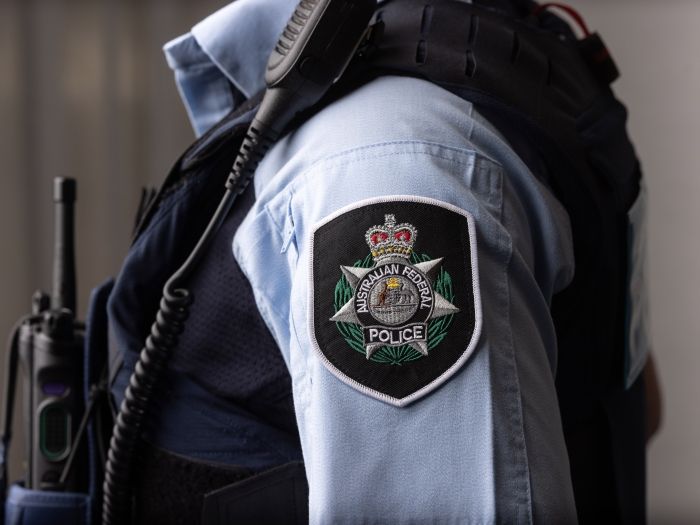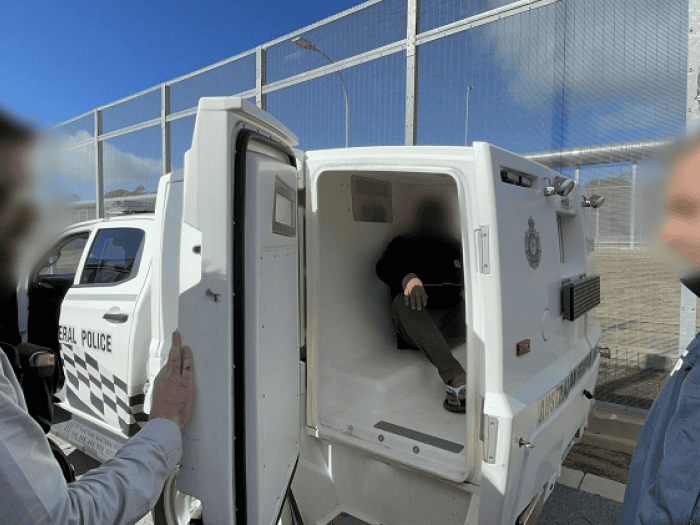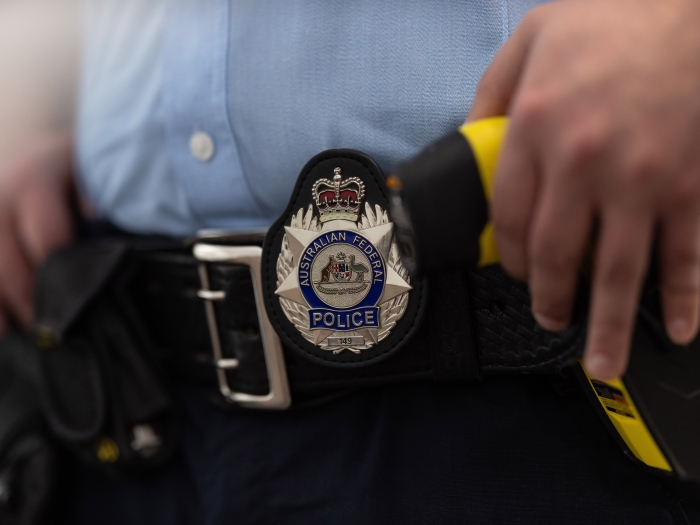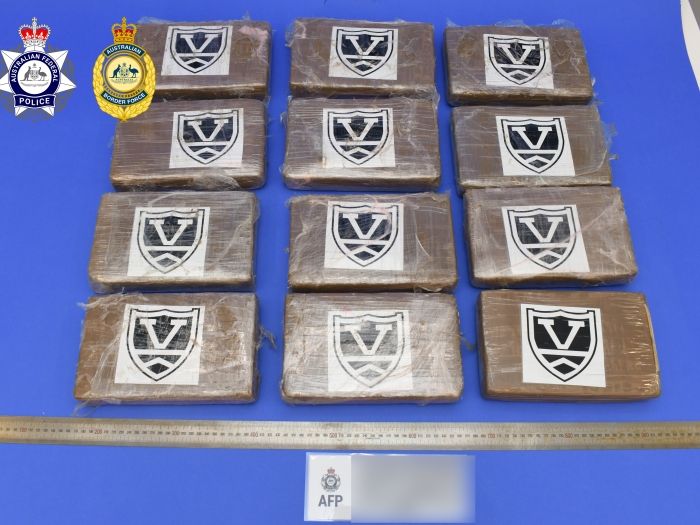Reasons for self-reporting
Reasons to self-report possible criminal conduct to us might include:
- proactively identifying and addressing wrongdoing within the corporation
- complying with directors’ statutory and fiduciary duties to act in the best interests of the corporation
- limiting corporate criminal liability
- minimising reputational damage
- demonstrating a cooperative intent with the AFP in investigating the conduct
- maximising the sentencing discount that will be available to the corporation in any relevant prosecution of the corporation
- being a good 'corporate citizen'.
Australia's self-reporting guideline
Both the AFP and the Commonwealth Director of Public Prosecutions (CDPP) follow the principles and processes outlined in the Best Practice Guideline: Self-reporting of foreign bribery and related offending by corporations.
The guideline operates within the framework of the Prosecution Policy of the Commonwealth.
It describes the public interest factors that the CDPP consider when deciding whether or not to prosecute a company that self-reports suspected foreign bribery. It also outlines how a court will consider the self-report when sentencing the company if a prosecution begins.
How to self-report
You can self-report possible misconduct to us by either:
- filling out our Report a crime form
- emailing a written report to our National Operations State Service Centre.
Information to include
There is no prescribed form for your company to self-report possible criminal conduct to us. The content of a self-report will depend on the type of misconduct and the information available to your company at the time.
A self-report should occur as soon as practicable after the possible offending is detected. This allows us to work with your company to ensure that relevant evidence is preserved and the integrity of the investigation is protected.
You should view the initial self-report to us as the first cooperative step in an investigation.
When making a self-report in writing, your company should include the following information:
- name of the corporation
- nominated contact person and their contact details (email address, phone number and address)
- contact details of any legal representatives for the corporation
- details about when and where the offending is suspected to have taken place
- names of people possibly involved in the alleged offending, including middle names and birthdates
- any other facts known about the alleged offending.
If your company provides information over the phone, we may ask you to provide any relevant documentation as soon as possible, subject to availability.
What to expect in an investigation
We may open investigations into alleged corporate misconduct on the basis of information derived from a variety of sources. Self-reports from companies are but one of those sources.
Providing genuine and proactive cooperation during an investigation can:
- reduce investigation times
- provide remediation of any corporate culture issues in your company
- provide public interest and sentencing considerations (as outlined in the Best Practice Guideline).
Even if your company is cooperating, we will still need to complete a thorough and independent investigation, and pursue all relevant lines of enquiry.
A cooperating company can't dictate the scope or remit of an investigation. However, the level of cooperation provided by your company will impact the speed of the investigation.
In consultation with the CDPP, the Attorney-General’s Department and the Australian Securities and Investment Commission, we published the Corporate Cooperation Guidance.
If your company has agreed to cooperate, we may also seek to formalise that agreement via an Investigation Cooperation Agreement.
Producing evidentiary material
We've set out best practices for evidence production in the Document Production Guideline for Cooperating Corporations.
Bringing investigations to a conclusion
The best way for your company to help us conclude an investigation is to make available all relevant evidentiary material and encourage your employees and associates to do the same.
If, following an independent AFP investigation, it becomes apparent that the company has itself committed criminal offences, our Economic, Corporate Crime and Corruption's (EC3) Foreign Bribery Team is prepared to work with the company to see if an agreement can be reached on a resolution proposal for referral to relevant decision-makers.
As outlined in the Best Practice Guide, such proposals may include AFP support for a decision not to prosecute on public interest grounds and fast-tracked guilty plea proposals. Generally, we will brief independent external counsel to advise on any possible resolution.
We expect that for any resolution to be supported, it will need to include agreement from the company to provide ongoing cooperation in any investigation and prosecution of individuals associated with the misconduct.





